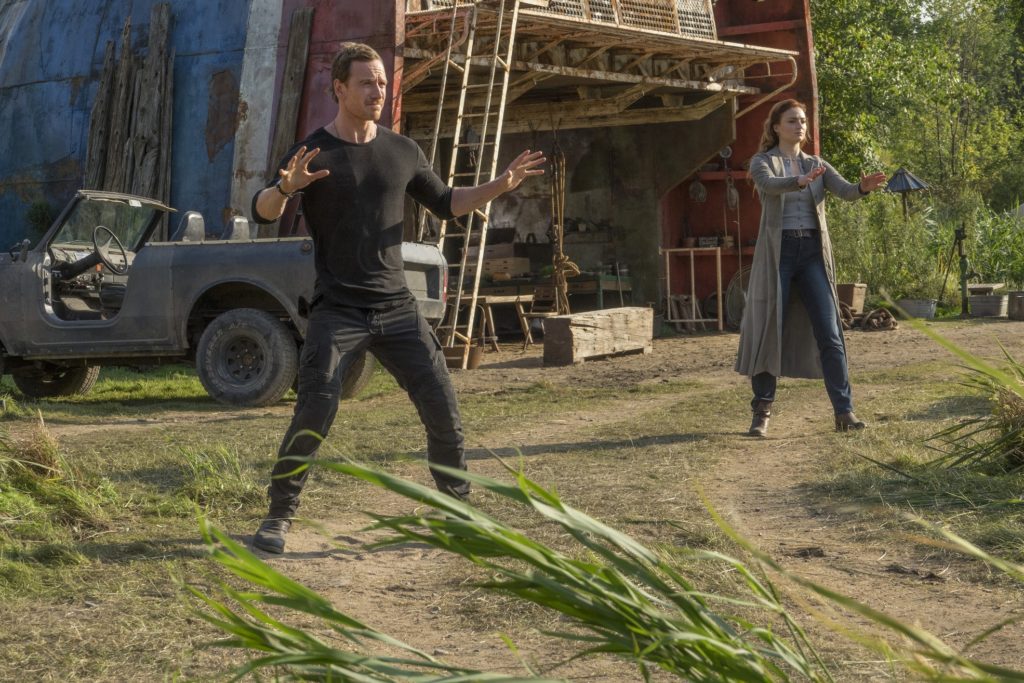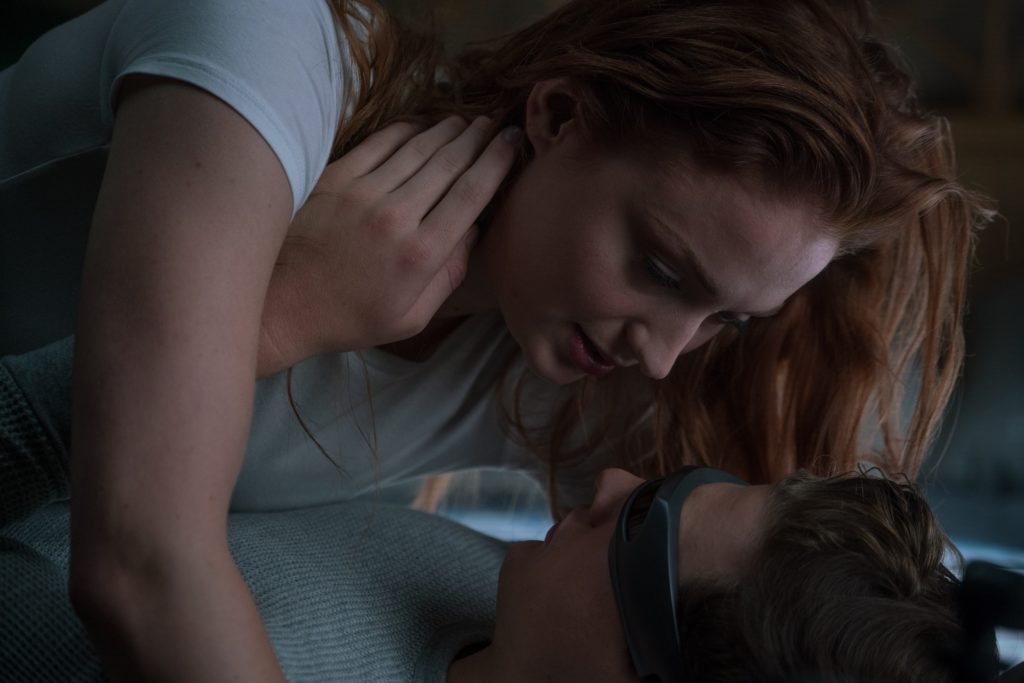Sophie Turner ups the stakes in the most radical and female-led movie ever made in the X-Men universe in 20th Century Fox’s “X-Men: Dark Phoenix” that will open in Philippine cinemas on June 5.
In “X-Men: Dark Phoenix”, the team was sent to a life-threatening mission in outer space, Jean Grey (Turner) is nearly killed when she absorbs a cosmic entity that leaves her with powers far beyond anything she or any other mutant has ever possessed. Once she returns home to Earth, she struggles with these near-godlike abilities, but the force inside her is too overwhelming to contain. Spiraling out of control, Jean hurts the ones she loves most. Her actions tear the X-Men apart, and the heroes find themselves deeply compromised at a time when they must face their most dangerous enemy yet—one of their own.
At its core, this is a tale of a woman struggling with her personal demons, and only the love of her family—the X-Men—can save her soul, and the world. “This movie’s very different from the previous X-Men movies,” Simon Kinberg says of his directorial debut. “The source material is different from the other X-Men comics that we’ve drawn upon in the past. It’s more psychologically complex and emotionally volatile. The emotions it gets into are rawer than a lot of the other X-Men comics.”
It was also finally time for an X-Men movie to have a female lead. The women in the X-Men films—played by powerhouse actresses from Famke Janssen to Halle Berry—were complicated, dynamic, and always had agency, but their stories never quite came to the fore. After nearly 20 years, “X-Men: Dark Phoenix” is squarely focused on the journey of Jean Grey and the women who surround her—including Jennifer Lawrence’s Raven and Jessica Chastain’s Smith, a villainous new presence who encourages Jean to abandon her humanity and give in to her darkest urges.
“Now was the time for a female-led superhero movie, and the Dark Phoenix story is the most powerful female-led storyline in X-Men history,” Kinberg says. Additionally, Kinberg sought to craft an adventure that would offer a much more nuanced depiction of good and evil appropriate to our turbulent times. He wanted to emphasize the duality that can exist within the same person, the darkness and the light.
“We’ve gotten to a place where audiences are ready for a disruptive, radical story where a good guy goes bad, where a hero loses control and becomes destructive, even homicidal,” Kinberg says. “Comics, and even comic book moves, tend to tread in good guys and bad guys, heroes and villains. Right now, we’re living in a world that is a little upside-down politically and socially,” he continues. “Everything’s not as binary as it used to be. There’s not a lot of unity. Everybody feels like they’re splitting apart. A story about a character who is herself splitting apart, and as a result of that, is splitting apart the family of the X-Men, it felt very relevant.”
“The thing about the Jean Grey/Dark Phoenix story is that she’s not a villain, but she’s not a superhero who’s going to save the world and everything’s fine,” Turner adds (also known for her role as Sansa in Game of Thrones). “She’s one of the few characters that’s very tormented and broken. It’s not too fantastical for people to comprehend. There’s no black or white with her, it’s a very gray area. It’s a struggle that’s very true to a lot of people and that’s why people love her.”
Along with Turner, “X-Men: Dark Phoenix” also stars James McAvoy, Michael Fassbender, Jennifer Lawrence, Evan Peters, Nicholas Hoult, Tye Sheridan and Alexandra Shipp.
From 20th Century Fox, “X-Men: Dark Phoenix” opens June 5 in PH cinemas nationwide. Will also be available in IMAX screens.
advt.



